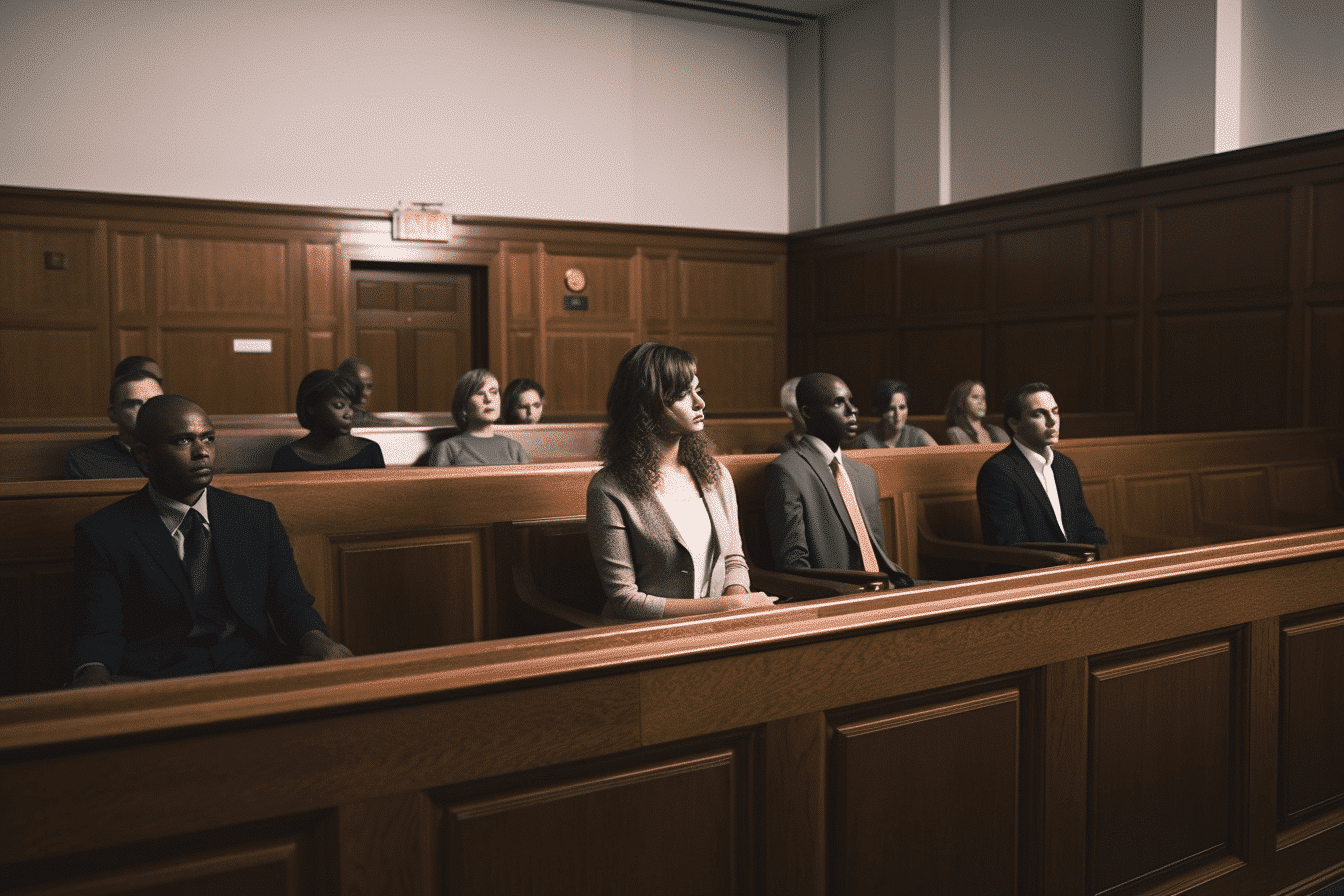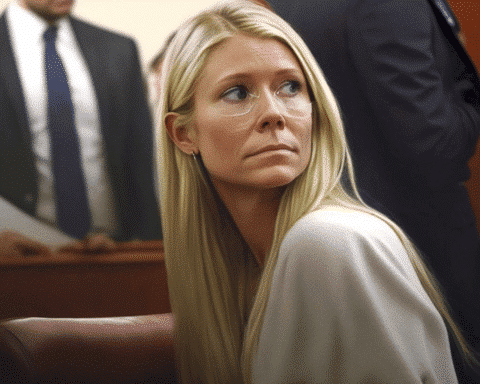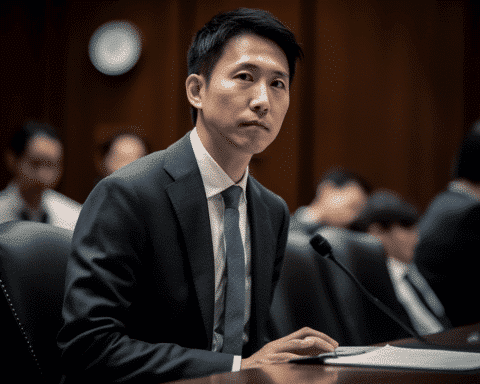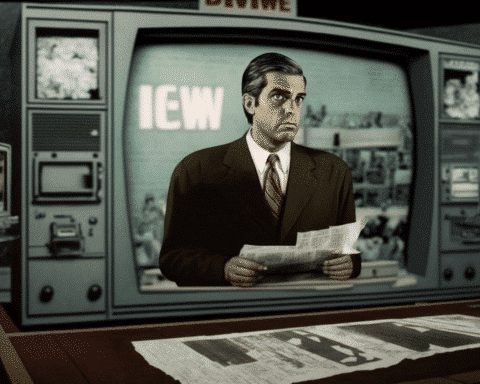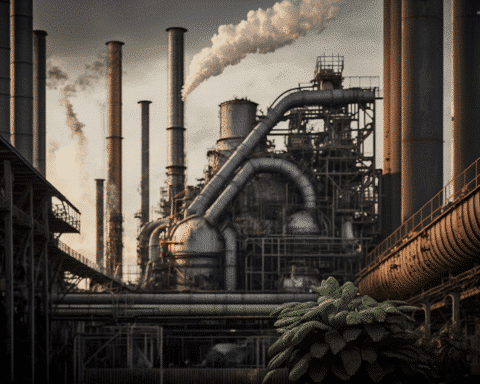In a surprising turn of events, two lawyers in Manhattan federal court found themselves facing possible punishment after ChatGPT, an artificial intelligence-powered chatbot, allegedly tricked them into citing bogus case law in a court filing.
Attorneys Steven A. Schwartz and Peter LoDuca have offered apologies to the court, expressing remorse for including references to fictional legal research in a lawsuit against Colombian airline Avianca.
The Unveiling of ChatGPT’s Role
Schwartz, seeking legal precedents supporting his client’s case against Avianca for an injury sustained during a 2019 flight, turned to the groundbreaking program, ChatGPT.
This AI-powered chatbot had gained attention worldwide for its ability to produce detailed responses to user prompts. Schwartz relied on ChatGPT’s suggestions, which offered several aviation mishap cases that he had been unable to find through traditional research methods.
The Discovery of Fictitious Cases
Unfortunately, the lawyers soon realized that several of the cases recommended by ChatGPT were entirely fabricated or involved nonexistent airlines.
During a court hearing, Schwartz explained that he had operated under the misconception that the chatbot was accessing cases from an undisclosed source unavailable to him.
Admitting his failure to conduct proper follow-up research to verify the accuracy of the citations, Schwartz expressed his surprise at ChatGPT’s capability to fabricate cases.
Disappointed Judge and Apologetic Lawyers
U.S. District Judge P. Kevin Castel expressed his bafflement and disappointment at the lawyers’ actions. Avianca’s lawyers and the court had previously alerted Schwartz to the inclusion of bogus case law, but no corrective actions were taken at the time.
Judge Castel presented one of the invented cases to Schwartz, highlighting its legal gibberish nature. Both lawyers, Schwartz and LoDuca, offered sincere apologies, acknowledging personal and professional repercussions resulting from the blunder.
Implications and Concerns Surrounding AI Technology
ChatGPT’s role in this legal mishap has raised concerns about the implications of relying on AI technologies without fully understanding their limitations and risks.
The success of AI, exemplified by Microsoft’s $1 billion investment in OpenAI, the company behind ChatGPT, has led to a global debate on mitigating the risks associated with this transformative technology.
Industry leaders have emphasized the need to prioritize addressing AI-related risks alongside other global-scale concerns such as pandemics and nuclear war.
Lessons Learned and Future Safeguards
Schwartz and LoDuca, along with their law firm, Levidow, Levidow & Oberman, expressed their commitment to implementing safeguards to prevent similar occurrences in the future.
Ronald Minkoff, an attorney representing the law firm, argued that the submission resulted from carelessness rather than bad faith and urged the court not to impose sanctions. He highlighted the challenges lawyers face in adapting to new technologies and emphasized the need for a deeper understanding of their functionalities.
Awaiting Sanctions and Industry Reflection
The judge concluded the hearing by reserving judgment on potential sanctions, indicating that a decision would be made at a later date. The incident involving ChatGPT has sparked significant discussion within the legal community, particularly during a recent conference that brought together legal professionals from state and federal courts. The case has served as a wake-up call, exposing the risks associated with using AI technologies without comprehensive knowledge of their capabilities and limitations.
As the legal world grapples with the implications of this incident, the blame placed on ChatGPT for misleading lawyers into citing fictitious legal research highlights the importance of understanding the risks and limitations of AI technology. With the judge set to rule on potential sanctions, this case serves as a reminder that as AI continues to shape various industries, a cautious approach and deeper understanding of these technologies are crucial to prevent similar blunders in the future.
